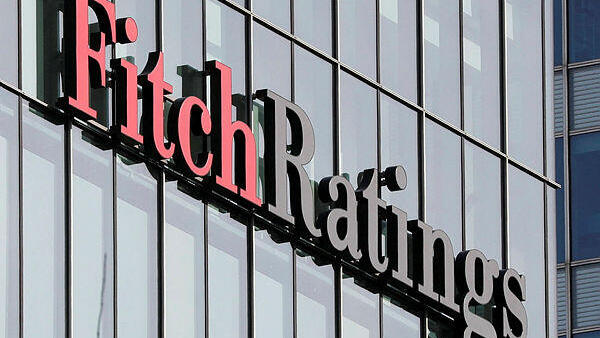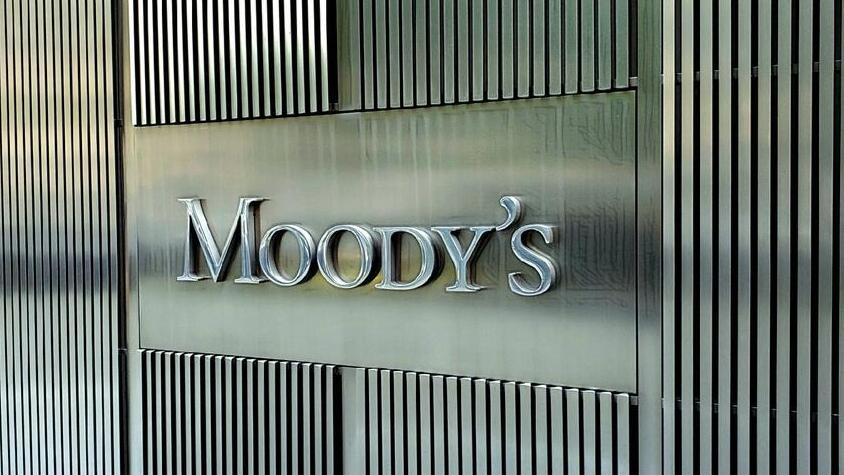Fitch Ratings, the last major credit rating agency to downgrade Israel, released on Thursday a positive review of the Israeli economy, citing reduced pressure for further credit downgrades following the cease-fire in the north.
The agency noted that the truce could ease government spending burdens but warned that "the cease-fire is likely to be fragile, and prospects for an imminent cease-fire in Gaza remain poor."
Despite the encouraging review, the ongoing war in Gaza continues to raise concerns among senior economic officials. They warn that a further increase in next year’s budget deficit, already projected at 4.4% by the government, could lead to a downgrade unless critical measures are taken to prevent additional deficit growth.
These concerns are compounded by the recently released Nagel Commission’s report on Israel’s defense spending, which could push the deficit to 5% in 2025.
Although Fitch’s review is optimistic, the agency has revised its 2025 budget deficit forecast upward, from 4.8% three months ago to 5.2% now. The agency maintained its 2024 deficit projection at 7.8%. The proposed 2025 budget aims for a deficit of 4.3%, but Fitch’s baseline scenario assumes higher military expenditures than government projections.
The agency expects Israel’s debt-to-GDP ratio to rise to nearly 72% in 2025, compared to 60.5% in 2022, consistent with its August estimate.
4 View gallery


Finance Minister Bezalel Smotrich and Prime Minister Benjamin Netanyahu
(Photo: Haim Tzach/GPO)
“The cease-fire with Hezbollah, if sustained, would reduce fiscal risks, but developments in Gaza and with Iran will still play an important role in determining Israel’s fiscal and economic trajectory,” the report read.
“We believe the war in Gaza will continue into 2025, albeit at various levels of intensity. This implies continued elevated spending on immediate military needs, and disruption to production in the border areas, as well as to tourism and construction."
The review added further that “Israel’s medium-term fiscal prospects remain subject to a high degree of uncertainty. There is a risk that the budget deficit could remain above a debt-stabilizing level in 2026 and beyond, depending on whether spending on the military is sustained at recent high levels; coalition priorities; and the shape of Israel’s economic recovery.”
The credit rating agency added that if the cease-fire holds, it could remove a key potential driver of the Israel-Iran conflict, given Iran's close alliance with Hezbollah. However, the risk of a broader regional escalation involving Iran remains significant and the approach U.S. President-elect Trump’s administration toward Iran could influence Israel and its regional policies.
Fitch has previously said that significant escalation in the regional conflict could impact the credit ratings of several Middle Eastern countries and potentially affect global oil prices.
Hours after Fitch’s statement, Moody’s also issued its assessment of Israel’s situation: “The Israel-Hezbollah cease-fire reduces one source of geopolitical risk, but others remain unchanged.
“In the agency’s view, it’s still too early to determine whether these risks will decrease significantly or sustainably. The Israeli government has not presented a credible plan for Gaza that would lead to stronger and more stable security for Israel, and the risk of escalation with Iran persists.”
At a press conference following the announcement of the cease-fire in Lebanon, Prime Minister Netanyahu outlined three reasons for the agreement, the first being that it would allow Israel “to focus on Iran,” without providing further details.
Get the Ynetnews app on your smartphone: Google Play: https://bit.ly/4eJ37pE | Apple App Store: https://bit.ly/3ZL7iNv
“While the geopolitical risks stemming from military confrontation seem partially reduced, domestic political risks in Israel remain high,” Moody’s statement read.
“The agency believes the Israeli government is pursuing policies that exacerbate already high social tensions in the country, such as renewed conflict with the judiciary over the composition of the Supreme Court and efforts to grant a permanent exemption from military service to ultra-Orthodox individuals — a move opposed by most Israelis.”





